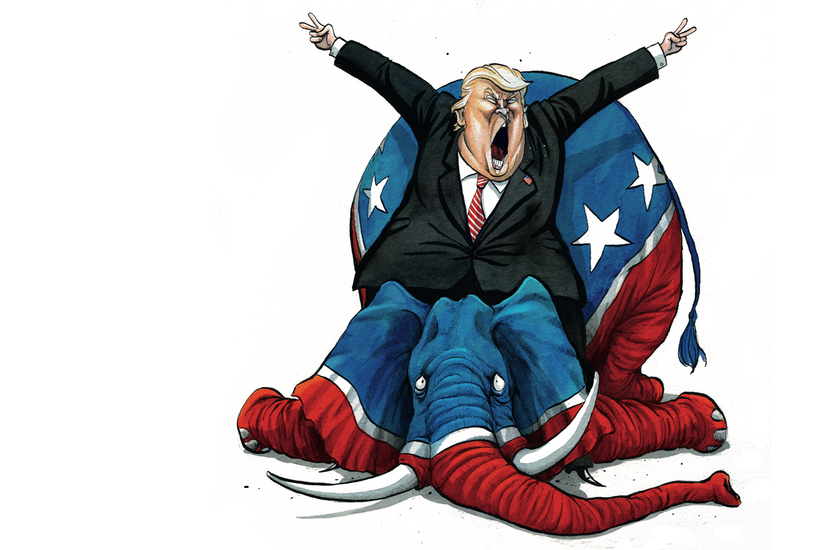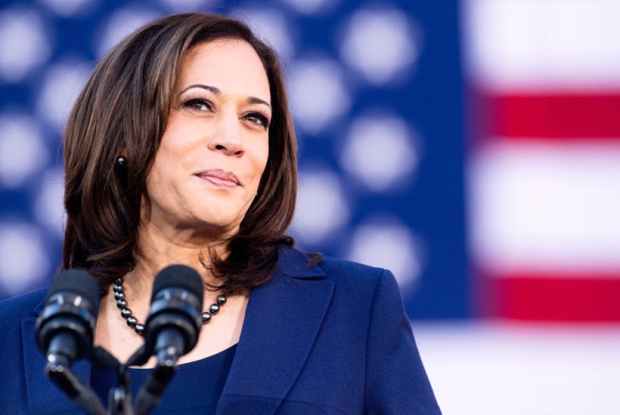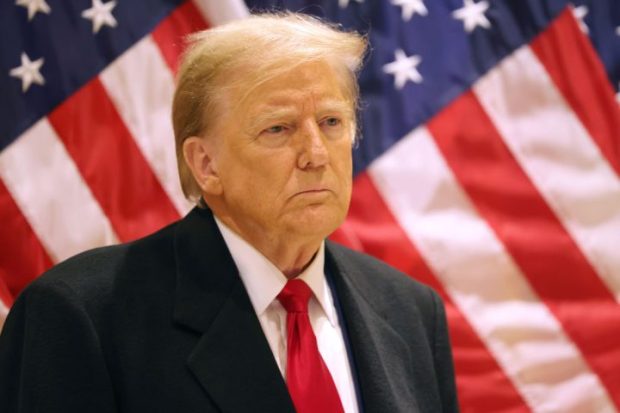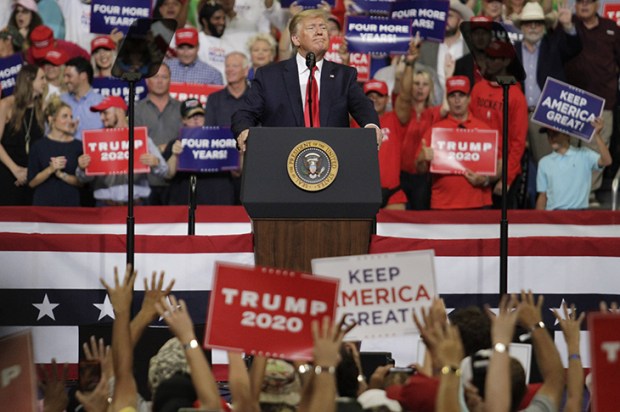Washington, DC
President Donald J. Trump thinks only in terms of winning and losing. On Tuesday, he won and he lost, which might muddle his pride. But any pain Trump feels at losing the House of Representatives, will be as nothing to the satisfaction he will feel at having gained seats in the Senate.
The Republicans have lost a significant number of House seats, and several governorships. But the 2018 midterm elections were not the Democratic ‘blue wave’ that prognosticators spent all last year anticipating. It was not a ‘shellacking’ — the word Barack Obama famously used in 2010 when his party lost 63 seats in the House and six Senate seats. In 1994, Bill Clinton lost 54 and eight. Both men won a second term two years later.
America has not rejected Trumpism, then. On the contrary, the midterms have only proved how durable Trump’s working-class and rural coalition is. The Trumpist takeover of Republicanism is nearing completion: moderate, suburban Republicans are out, as are the Never Trumpers. Republicans who can get on with the President are in. The Republican party in the House of Representatives may now be the minority, but it is the Trump party now. It can win, too.
The Democrats did well in many areas. Democratic women and racial minority candidates won in Republican strongholds, and in general, the more left-wing they were, the better they did. For the most-hyped new Democratic stars, however, it was a case of close but not enough. Beto O’Rourke, the handsome young gun in Texas, fell short. Andrew Gillum, the charismatic black Democratic candidate for Governor of Florida, also lost, though he did give an endearing speech about his grandmother’s olive oil.
Worse still, for the defenders of what people call civility in politics, Trump’s crudeness worked. In the past month, he has horrified commentators everywhere with his immigration rhetoric. He’s been spreading wild conspiracy theories about the caravan of illegals coming into America. He did a creepy finger-spelling gesture as he pronounced the middle H initial of Barack Hussein Obama. He endorsed an advertisement showing a Mexican killer smirking in court.
Pundits and social media warriors screamed racism. Even Republican strategists whispered their concern that Trump had put off many voters by talking about borders instead of his bigger achievement: a booming economy.
But almost all the media talking points about the midterms have turned out to be wishful anti-Trump thinking. It was said that Trump’s support for Saudi Arabia, after it killed the Washington Post contributor Jamal Khashoggi, would hurt him. But Americans don’t care about Saudi Arabia or the Washington Post.
Democrats also argued that the Pittsburgh killer who shot 11 Jews at a synagogue in October had been encouraged by his nasty talk. Certainly, Cesar Sayoc, who sent pipe bombs to various Democratic and media figures, was an ardent Trump fan. In response, Trump said all the right things about condemning violence, but he attacked the ‘enemy of the people’ media for blaming him, and it seems many Americans agreed with him.
It’s the culture war, stupid. Trump realises there is no point trying to win over the voters who loathe him with economic news: he just has to find more fans among the great unwashed. It might have been safer to appeal to ‘aspirational voters’ by talking about jobs and thriving consumer confidence. But Trump knows that conventional politics only gets him so far. For him, it’s better to stoke spectacular media fires, excite enemies and fans and talk about criminal aliens and the wickedness of George Soros.
Trump is odious in many ways. But he’s also a brilliant politician. He is brilliant because of, not despite, his odiousness. His monstrous ego keeps him going when the world says he is wrong, and voters admire him for that. Time and again, his obnoxiousness drives his enemies so crazy they end up making mistakes, as the Democrats did in their campaign to stop the nomination of Brett Kavanaugh to the Supreme Court.
Trump performed at a lot of rallies, and almost everywhere he went he drove up the Republican vote. Obama, who in the Democratic mind is still the antidote to Trump, did lots of rallies too. In Atlanta, Georgia, Obama did his uplifting ‘don’t boo, vote’ routine on behalf of Stacey Abrams. ‘When words stop meaning anything, when people can just make stuff up, democracy can’t work,’ he said. ‘The only guardian of truth is you. You and your vote.’
Ninety miles away, in Macon, Trump did his shtick. He called Abrams ‘one of the most extreme, far-left politicians in the entire country’ and warned Georgians that she would flood them with ‘illegals’ and turn their state into Venezuela. Democrats are claiming he suppressed their voters. Needless to say, Trump’s man Brian Kemp enjoyed the bigger bump in the polls.
It’s not all good news for Trump: far from it. The Democrats have been promising for two years now that they would use a House majority to make Trump’s life hell, and they’ll keep to their promise. They will argue that they have been sent to ‘hold the President to account’. They will intensify the legal investigations into his past, his tax affairs, his Russia connections. They will set up endless inquiries and block him wherever they can.
Trump will insist that it’s not his fault. If only his party had fully embraced his politics earlier, he would not have lost the House. He may even be right. It’s worth noting that Ted Cruz, who once reviled Trump, could well have lost in Texas had Trump not made such a show of backing him in late October. Trump is, as all his lackeys say, ‘a great closer’.
Far from being held back in a ‘split house’, Trump might now thrive — as Clinton did in the 1990s. Clinton (whose popularity halfway through his first term was at a similar level to Trump’s now) sought to find the middle ground. Trump, on the other hand, could forge an alliance with the newly empowered Democratic left. His economic populism appeals to some incoming Democratic congressmen.
Last week, as he pondered the possibility of losing the House, Trump said: ‘I’ll just figure it out.’ He might.
Got something to add? Join the discussion and comment below.
Get 10 issues for just $10
Subscribe to The Spectator Australia today for the next 10 magazine issues, plus full online access, for just $10.
You might disagree with half of it, but you’ll enjoy reading all of it. Try your first month for free, then just $2 a week for the remainder of your first year.















Comments
Don't miss out
Join the conversation with other Spectator Australia readers. Subscribe to leave a comment.
SUBSCRIBEAlready a subscriber? Log in